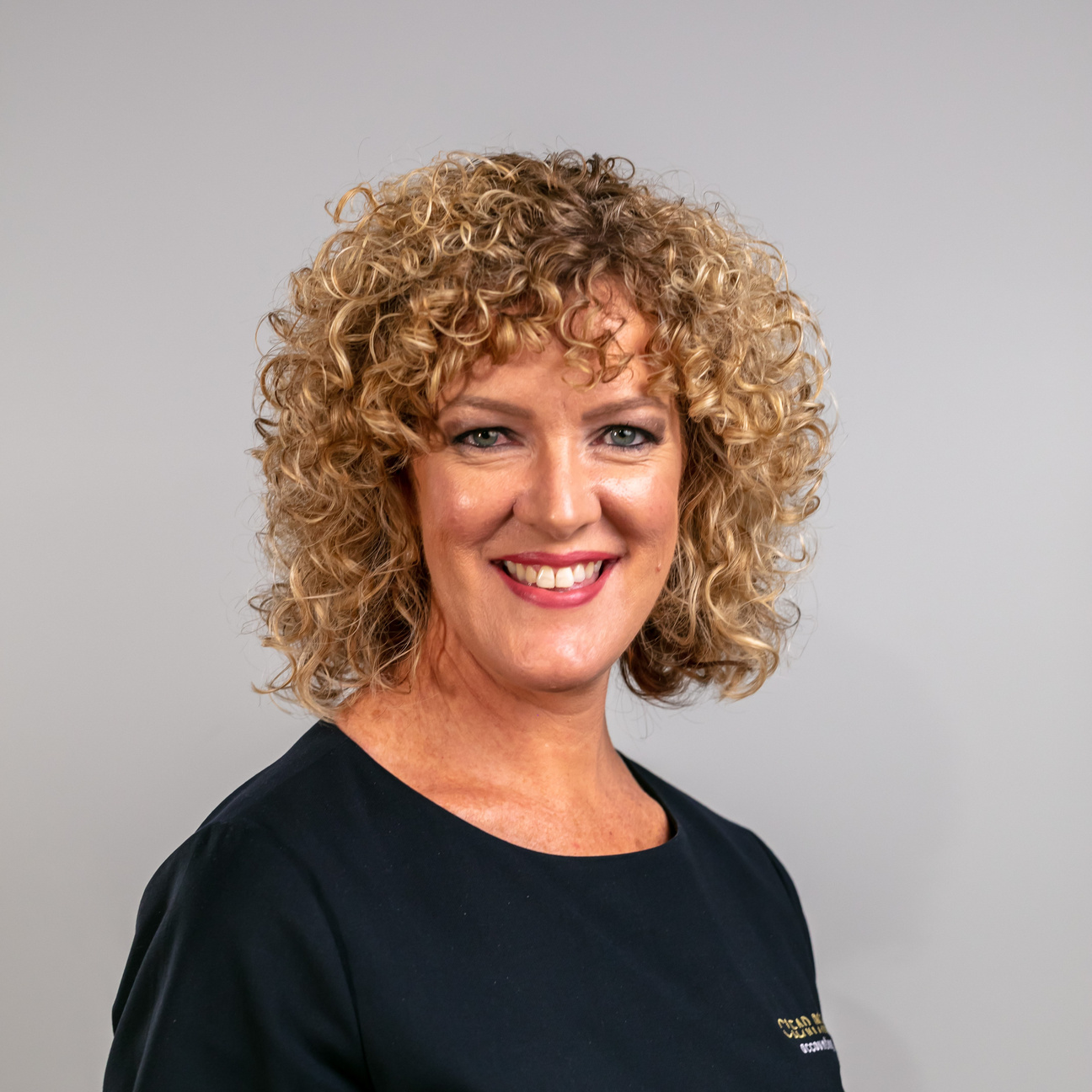Must be actioned before 27 September 2021!
We realise the last thing you as a business owner needs at the moment is anything that further complicates your life. However, we’re reaching out today to remind all employers about the changes to casual employment laws.
The National Employment Standards now include an entitlement for casual employees to become full-time or part-time (permanent) in some circumstances. This is also known as ‘casual conversion’.
By 27 September 2021, employers (other than small businesses) need to assess whether their existing casuals are eligible to be offered permanent employment.
Employers now need to give every new casual employee a Casual Employment Information Statement (the CEIS) before, or as soon as possible after, they start their new job.
Employers need to give their existing casual employees a copy of the CEIS as soon as possible.
So What is a Casual Employee?
A person is a casual employee if they accept a job offer from an employer knowing that there is no firm advance commitment to ongoing work with an agreed pattern of work.
Once employed as a casual, an employee will continue to be a casual employee until:
- they become a permanent employee through:
- casual conversion, or
- being offered and accepting full-time or part-time employment, or
- they stop being employed by the employer.
What does Casual Conversion mean?
Employers (except small business employers) need to make a written offer to convert their casual employee to permanent employment within 21 days after the employee’s 12-month anniversary, if the employee:
- has been employed by the employer for 12 months
- has worked a regular pattern of hours on an ongoing basis for at least the last 6 months
- could continue working these hours as a full-time or part-time employee without significant changes.
Small Business Employers
Small business employers don’t have to offer to convert their casual employees to permanent employment.
However, an eligible casual employee working for a small business employer can request to convert to permanent employment at any time on or after their 12-month anniversary. See Employees requesting casual conversion for eligibility information.
Employers need to:
- Provide a copy of the Casual Employment Information Statement (CEIS) to all existing casual employees. Click here to access the information sheet.
- Make an assessment of ALL casual employees to determine if they are eligible for ‘casual conversion’. (except for small business employers – less than 15 employees)
- Make a written offer to convert casual employees to permanent employment (this must be done within 21 days after making the assessment). For existing employees, you have until 27 September 2021, or
- Write to employees explaining why they won’t be made an offer (this needs to be done within 21 days of making the assessment. For existing employees by no later than 27 September 2021).
- Employers now need to give every new casual employee a copy of the CEIS before, or as soon as possible after, they start their new job.
To accept an offer to convert, employees need to respond in writing within 21 days after getting the offer. If they don’t respond, employers can assume that they’ve declined the offer.
Read more about casual employees becoming permanent.
If you have any questions about these updates, please contact our office immediately as the deadline is only days away.
To watch a short video about the changes including how small business employers are affected, please click here to view


